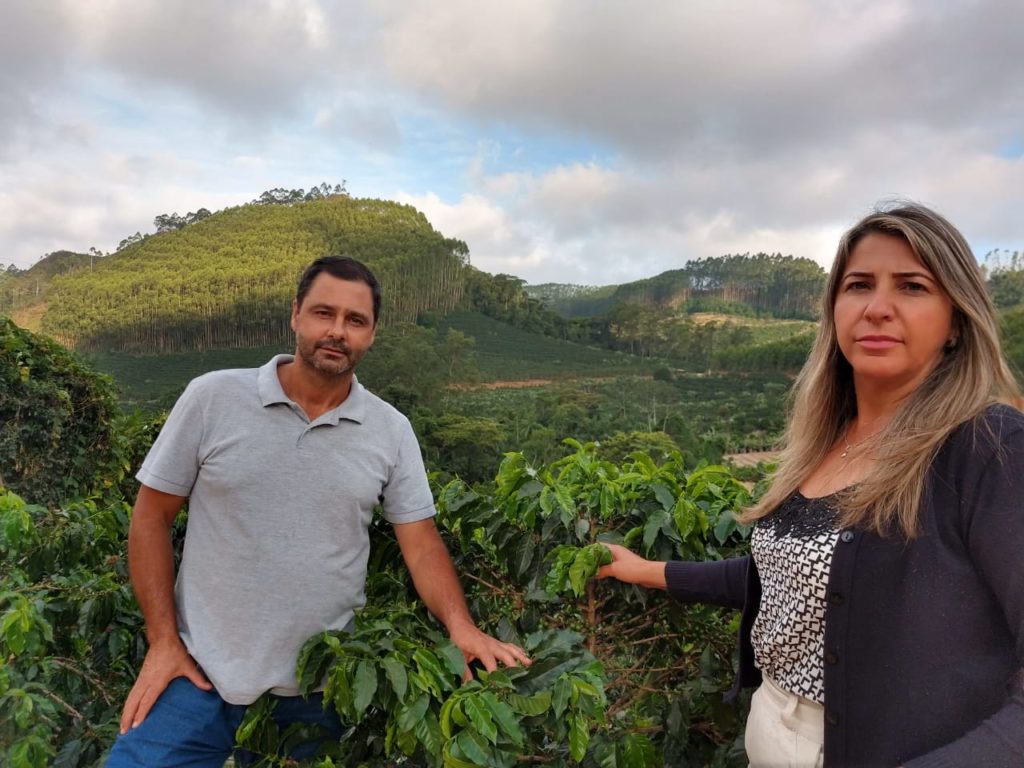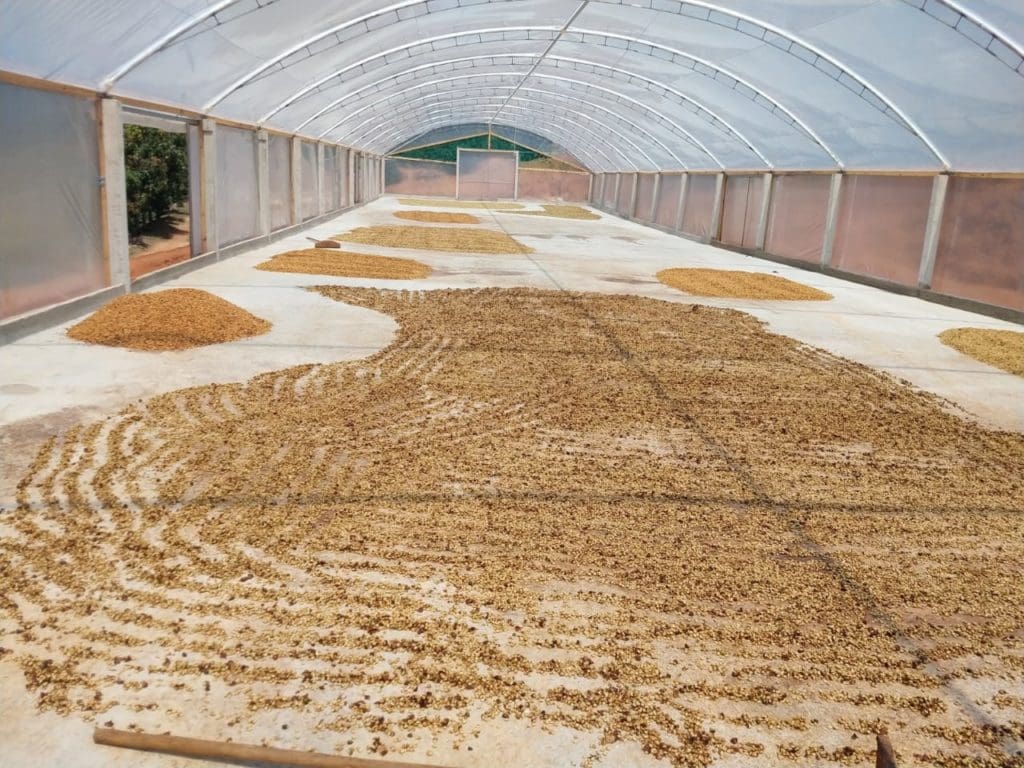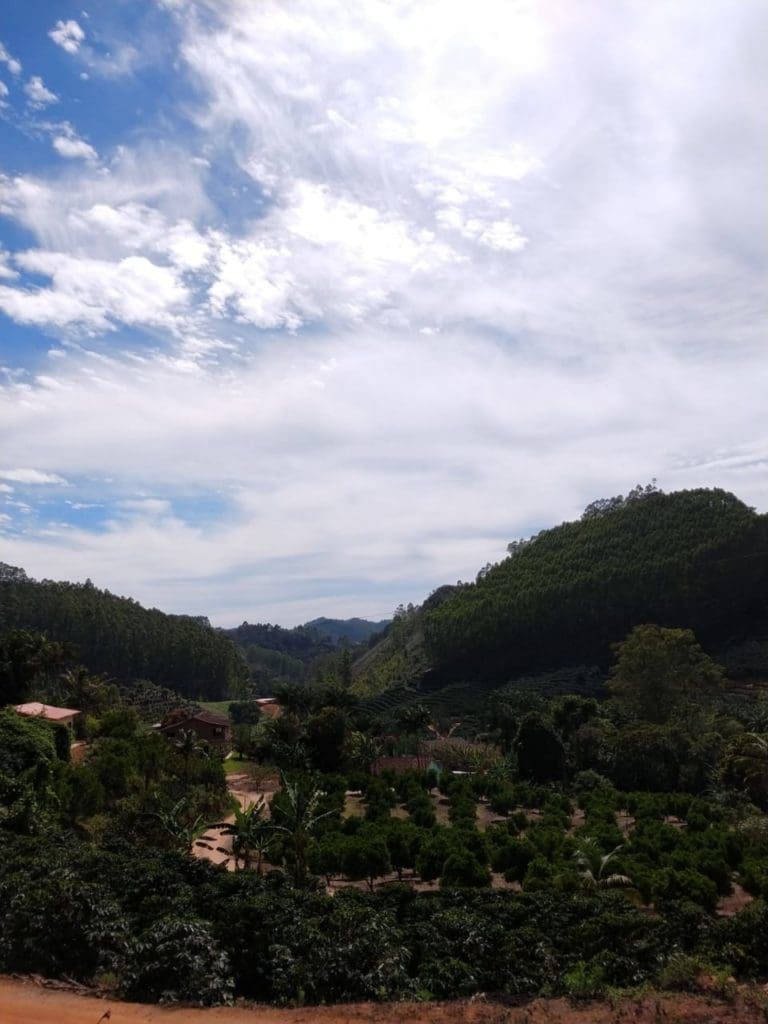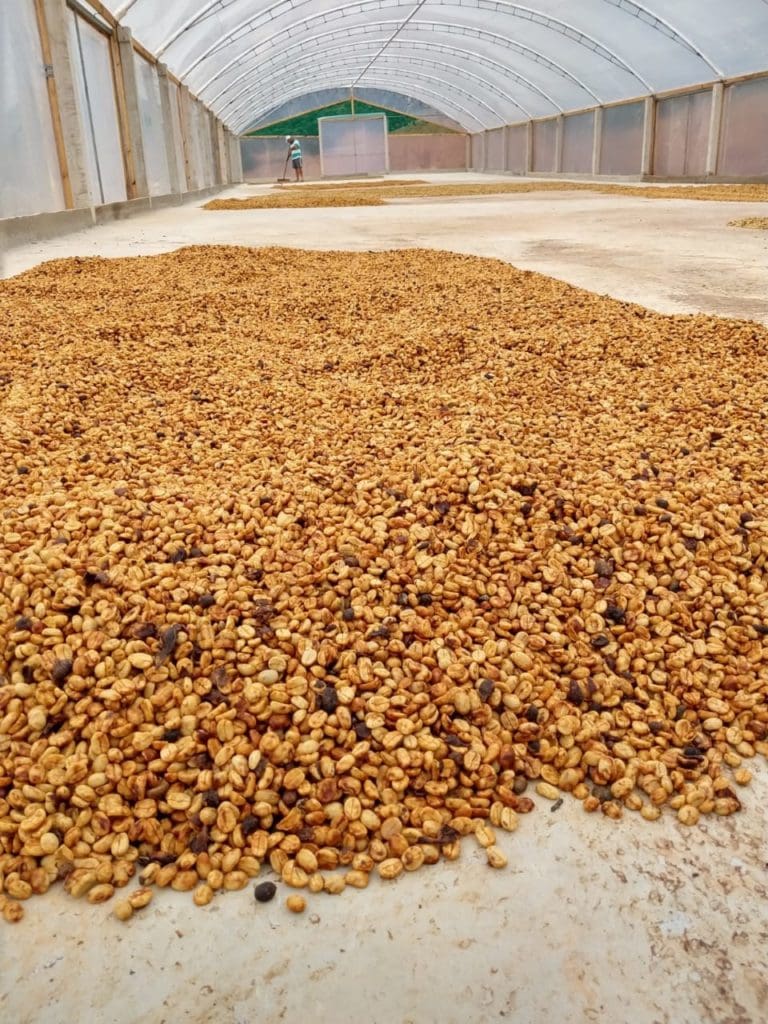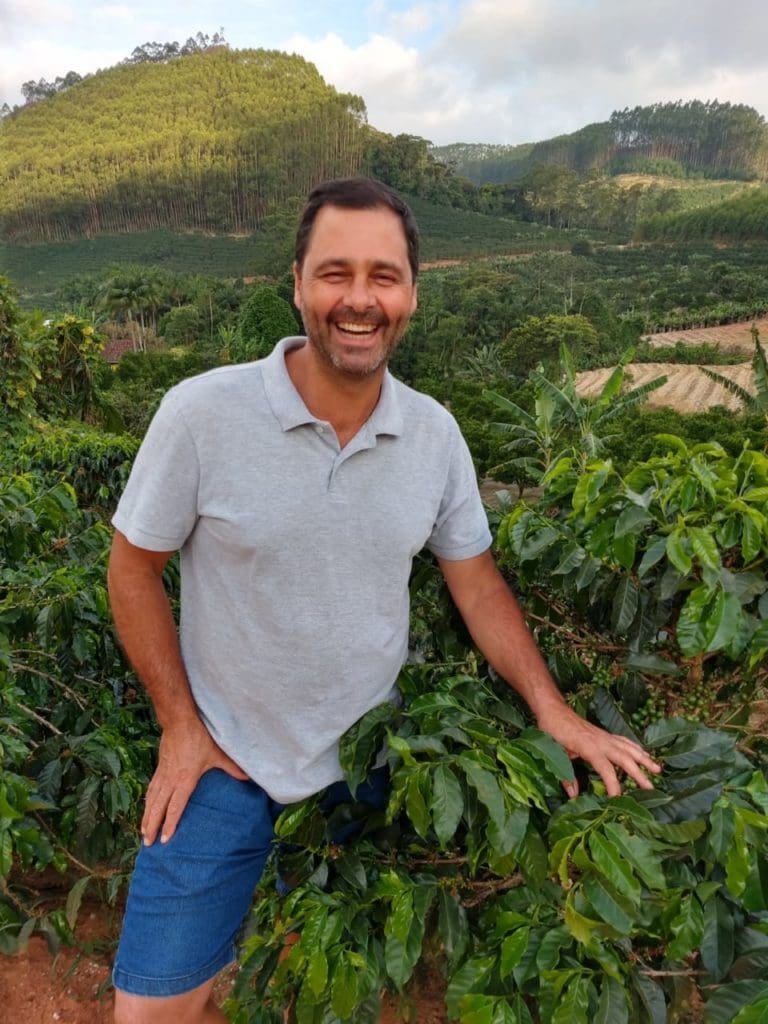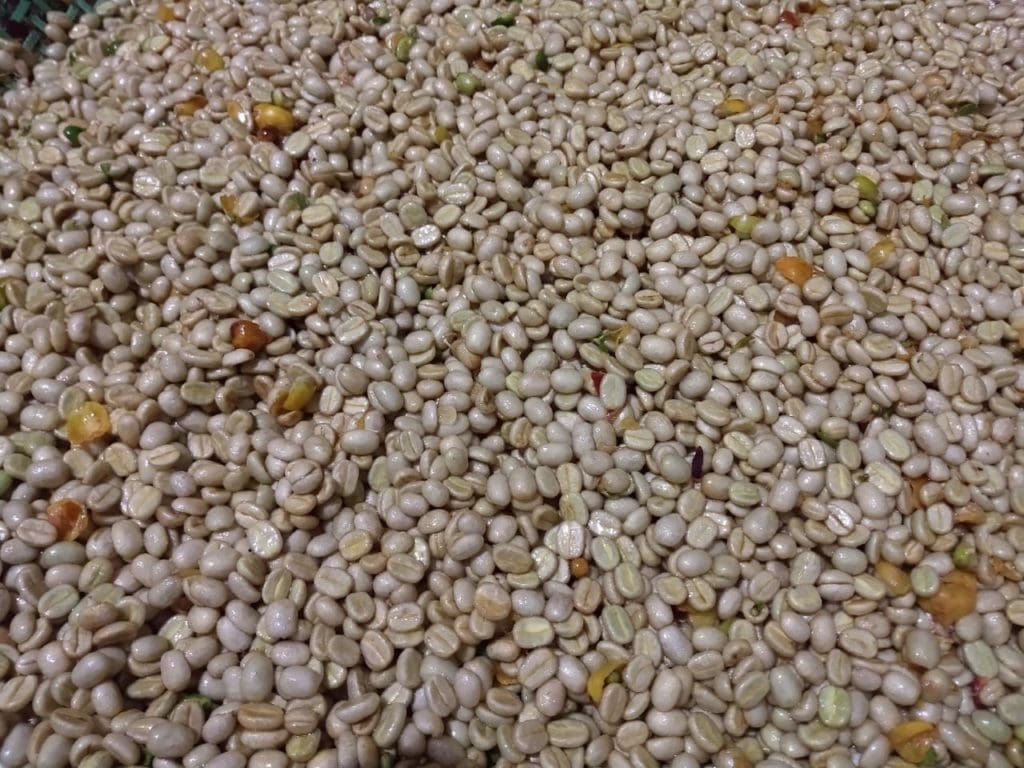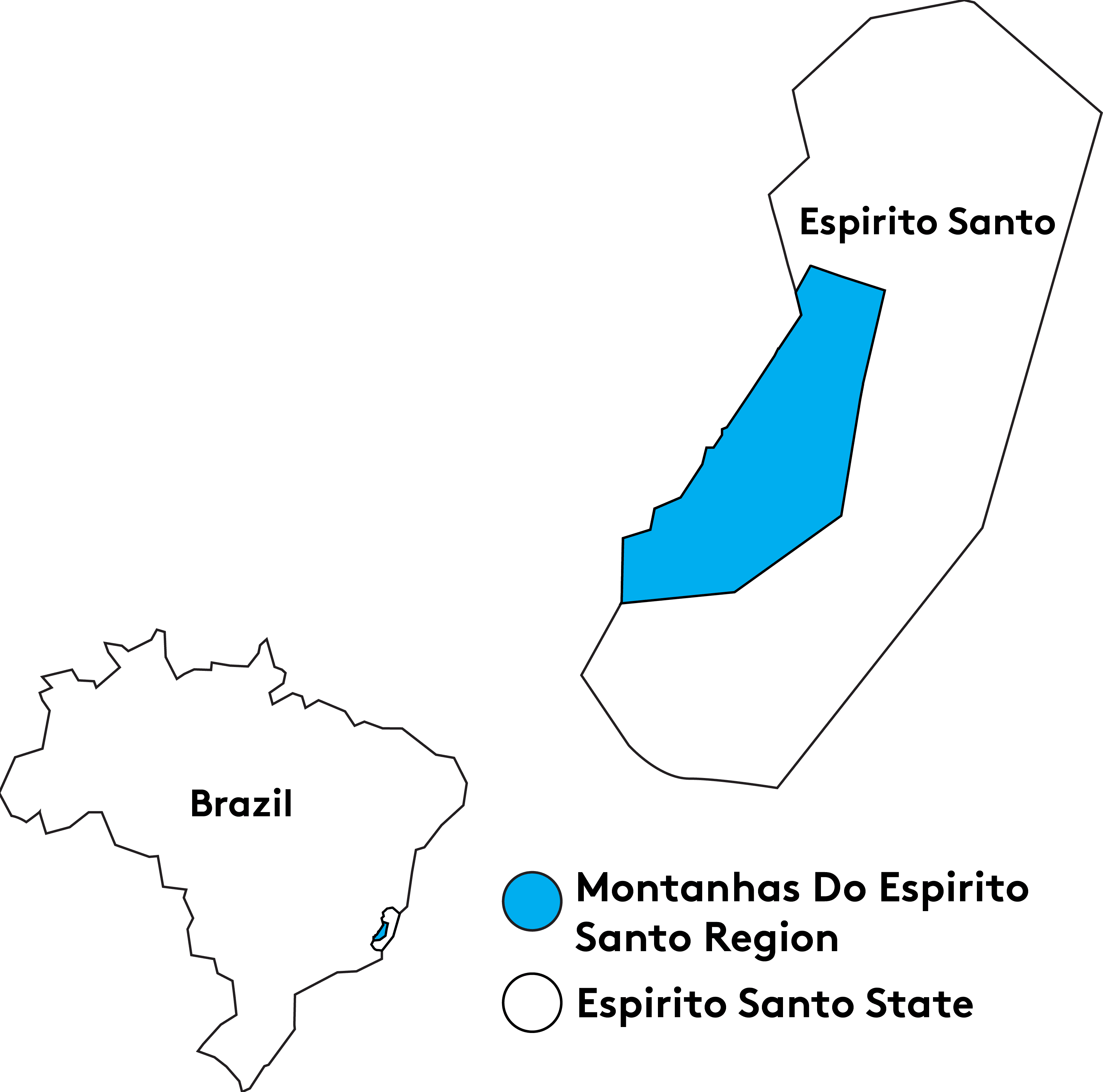Dorvanil D’Agostine is a descendent of Italian immigrants and is part of the second generation of his family to produce coffee in the mountains of Espirito Santo. His grandfather, Joaquim da Silva, married to Carolina D’Agostine, acquired the property more than 100 years ago in the city of Vargem Alta and, at that time, planted corn and beans.
In 1970, Dorvanil’s father, Agrimiro, started to establish the labors of coffee production on the land he inherited from his father. He married Adelaide Dias, and then decided to expand the areas planted with coffee, working with Red and Yellow Catuai varieties.
Dornavil and his brothers grew up surrounded by coffee production, and such, he learned from his father how to manage the farm, which he has been passionate about since he was a child. His willingness to produce quality coffees is his incentive to initiate new projects, including raising awareness for the region, selective harvest, and Pulped Natural processing.
He has all the support of his wife Érita, who helps with the drying process on raised beds. Current challenges on the farm are finding manual labor and climate instablities. Coffee is the family’s only source of income and Dorvanil will leave the continuation of the work to his sons. His oldest son studies production engineering, remaining part of his agricultural family even while he studies.
24 of the farm’s 48 hectares are planted with coffee, which flovers in October to December for the August to September harvest. Sitio Alto Ouro’s average temperature is 21° C and their annual production is 800 bags.
